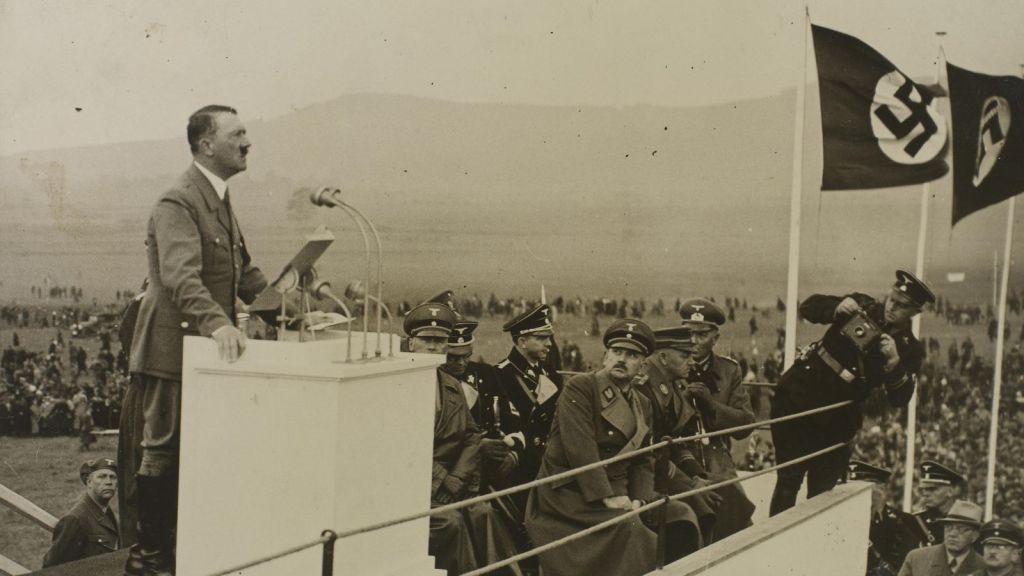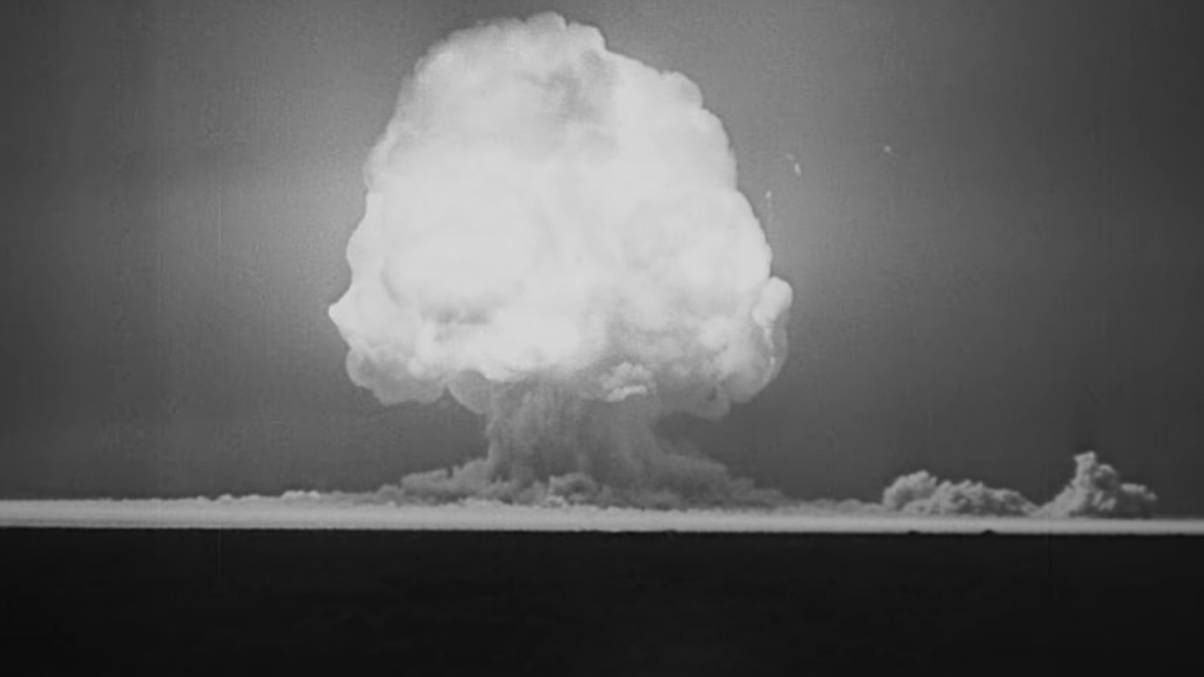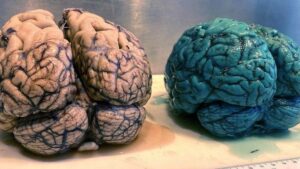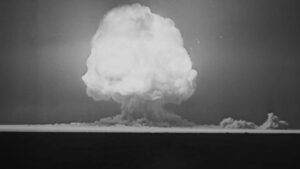“Unraveling the Dark Path: 14 Surprising Factors That Fueled Hitler’s Rise to Power”
12. Manipulation of Youth


Hitler knew that securing the future of his regime meant shaping the next generation. That’s why he put so much emphasis on controlling education and youth organizations. The Hitler Youth, for instance, became a key part of Nazi indoctrination, teaching young boys and girls the ideals of the Nazi party from an early age.
This wasn’t just about teaching kids to salute a flag. It was about creating a future generation of loyal followers who wouldn’t question the regime’s policies. By controlling education, Hitler essentially secured the long-term survival of his ideology.
13. Use of Fear and Violence


Hitler’s regime thrived on fear. The use of violence, both real and threatened, became a hallmark of Nazi rule. His paramilitary groups, like the SA (Sturmabteilung) and later the SS (Schutzstaffel), were responsible for brutalizing political opponents, terrorizing minorities, and enforcing Nazi policies.
By making violence a central part of his strategy, Hitler ensured that people who might have opposed him were too scared to do so. This atmosphere of constant fear made resistance nearly impossible for many.
14. Elimination of Political Opposition


Hitler’s rise to power didn’t just happen through speeches and propaganda. He also made sure to eliminate any potential threats from political rivals. The Communist Party, Social Democrats, and even more moderate factions were systematically targeted through arrests, intimidation, and violence.













